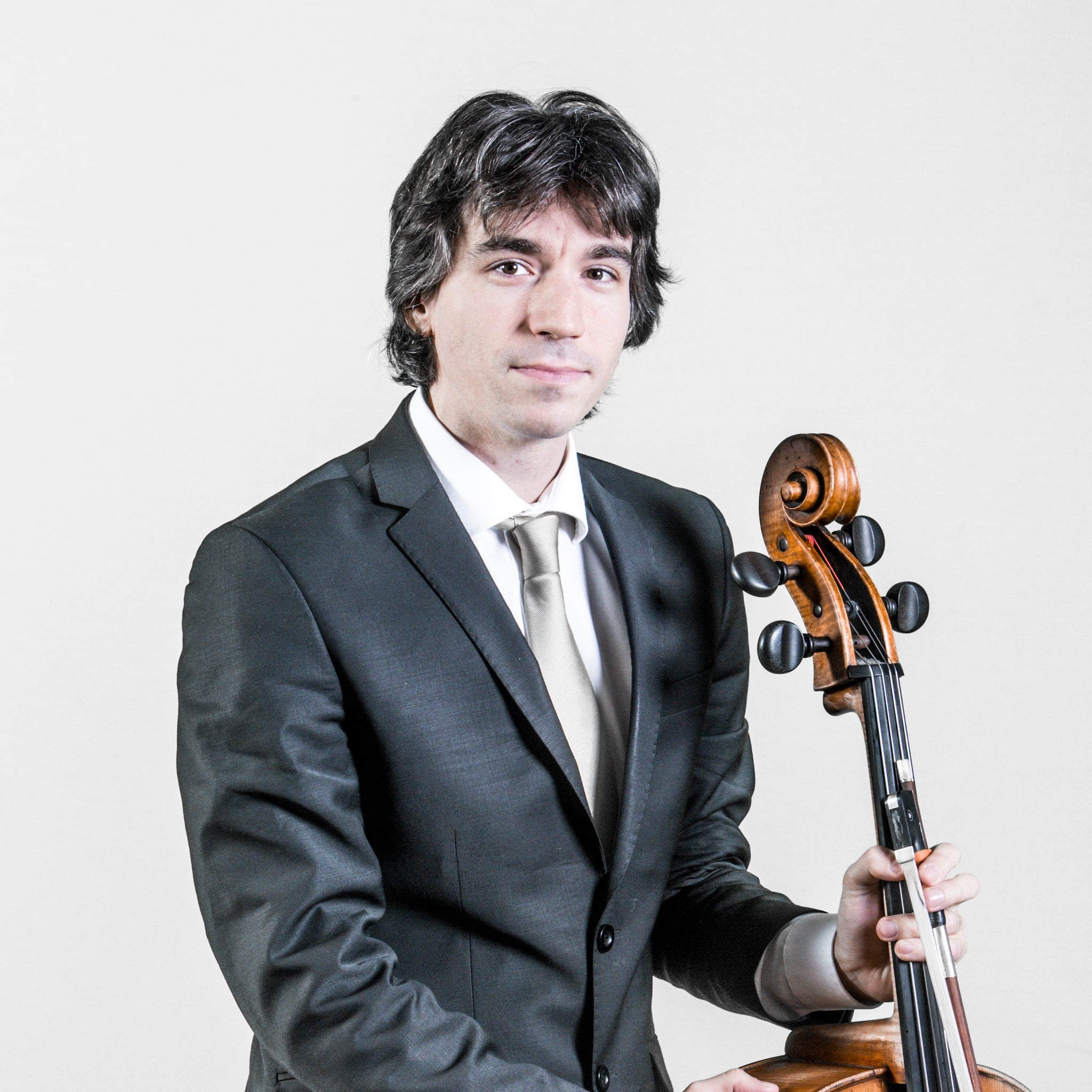The Shostakovich Wars: fresh evidence for Testimony's truth
mainUS musicologists who persist in denying that Solomon Volkov’s book Testimony was based on extensive interviews with Dmitri Shostakovich mantain that the critic had hardly any contact with the great composer – at most, three meetings.
A forthcoming book, The Shostakovich Wars, by Allan B Ho and Dmitri Feofanov, soon to be posted online, brings fresh evidence of authenticity from an unexpected source – the pianist Vladimir Krainev, who shared first prize in the 1970 Tchaikovsky Competition with the Englishman John Lill and who became, soon after, Volkov’s roommate. I have only just begun to read a pre-press version of Ho and Feofanov but what strikes me immediately is the disingenuous basis of some of the academic arguments, the desire to discredit Volkov overreaching the search for truth.

Here’s an exclusive extract from Ho and Feofanov:
Just as this book was about to go public, we learned of still another revelation worth documenting. This ‘bombshell’ came from Vladimir Krainev, who shared First Prize with John Lill in the International Tchaikovsky Competition in 1970 and was one of the most distinguished pianists in the world. In his book Monolog Pianista (A Pianist's Monologue), p. 106, published in 2011, Krainev confirms that ‘regular’ meetings took place between Volkov and Shostakovich, after which Volkov told him about the content of those conversations: Then Zhenya [Yevgeny Nesterenko] moved to Moscow. Both he and I knew Solomon Volkov well. The latter had been suggesting that we perform duets. I met Volkov during the Fourth Tchaikovsky Competition — Solomon wrote a lot about it, did an extensive interview with me, which he published in the Riga press. We also met in Leningrad, where I played often, and later Volkov moved to Moscow. I lived in a three-room apartment, with my mother, and she did not object for Solomon to stay with us for about three months. That was during the time when he had his meetings with Shostakovich, which was the basis for the writing of Testimony. The authenticity of it, at a certain time, was contested, but the fact that Volkov and Shostakovich met regularly is undeniable. During the nights, Solomon excitingly told me about their conversations, and also advised me to join forces with Zhenya Nesterenko.





Comments